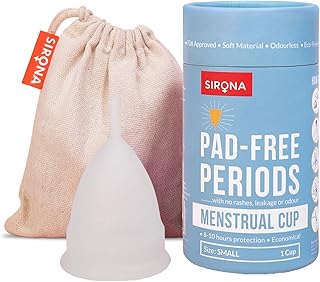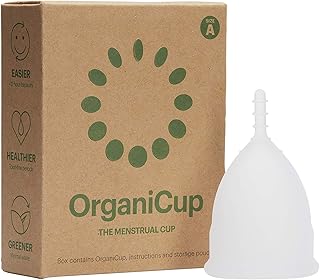Period poverty remains a pressing global issue, affecting millions of women and girls who struggle to afford menstrual products and lack access to proper sanitation facilities. The inability to manage menstrual health disrupts their daily lives, education, and overall well-being.
Menstruation, a natural biological process, impacts more than two billion individuals worldwide each month. Despite this, the lack of affordability and accessibility to menstrual products, sanitation, and education perpetuates period poverty, hindering women’s and girls’ rights and freedoms.
The root causes of period poverty are multifaceted, stemming from societal stigma, the high cost of menstrual products, and inadequate water and sanitation infrastructure. Discriminatory policies and tax laws, coupled with social taboos surrounding menstruation, exacerbate the issue, making menstrual products unaffordable for many.
Furthermore, over 1.5 billion people globally lack basic sanitation services, leading to challenges in managing menstrual hygiene. The lack of awareness and education surrounding menstruation further compounds the problem, leaving many girls unprepared for their periods and facing societal misconceptions and discrimination.
Period poverty transcends geographical boundaries, affecting women and girls in both affluent and impoverished nations. Disparities in access to menstrual hygiene products are evident between urban and rural areas, with income levels playing a significant role in determining the resources available to manage menstruation.
In crisis-affected regions, such as conflict zones and refugee camps, menstrual health management becomes even more challenging. Displaced women and girls often lack privacy and access to essential hygiene products, compromising their health and dignity.
Efforts to address period poverty require a holistic approach that recognizes menstruation as a health and human rights issue. Initiatives aimed at providing access to menstrual products, sanitation facilities, and comprehensive education are essential in combating the pervasive effects of period poverty.
UN agencies and organizations are actively working to raise awareness and advocate for policies that promote menstrual health and hygiene. By addressing the underlying causes of period poverty and fostering a supportive environment, progress can be made towards ensuring menstrual equity for all women and girls.
📰 Related Articles
- Ugandan Girls Struggle with Period Poverty, Missing School
- Empowering Cuban Women: Fighting Period Poverty Through Education
- Efforts to Combat Period Poverty Gain Momentum in Cambodia
- Addressing Period Poverty: Empowering Girls Through Menstrual Health Education
- Urban Womania: Redefining Indian Fashion for Global Women






